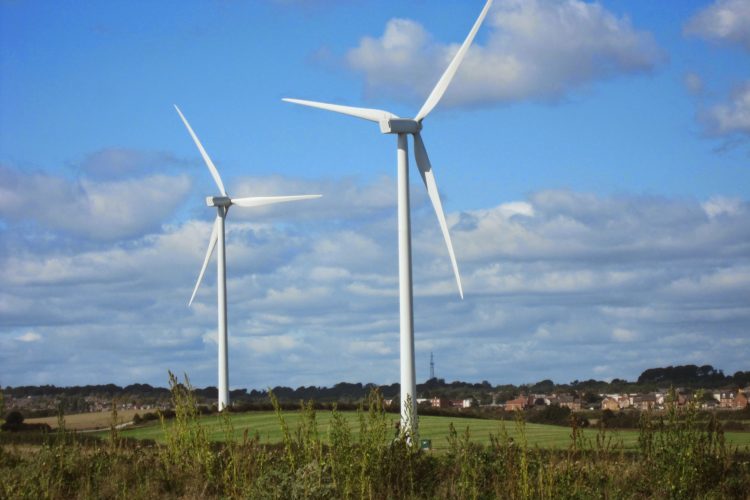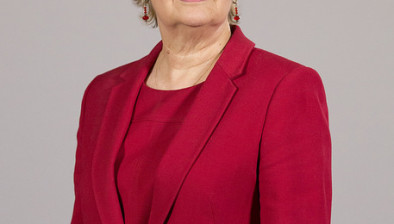Planning applications must show how they help meet net-zero plans under new plans

Planning applications will have to show how they help meet Scotland’s ambitious targets to cut emissions to net-zero by 2045 to get approval under new proposals tabled by the Scottish Government.
Applications that create more town centre homes or help reuse vacant and derelict land will be more likely to succeed, under the draft fourth National Planning Framework which has been published for consultation today.
These proposals promote the creation of 20-minute neighbourhoods, where services are easily accessible on foot or by bicycle, across cities and towns. Tighter restrictions will be imposed on out-of-town retail development.
The Framework will support developments which contribute to nature restoration, drive population growth in rural Scotland, create more homes to meet local needs and encourage green investment.
Proposals for renewable energy, including increasing the power of existing wind farms, will be supported by planners - helping make Scotland an energy exporter.
It proposes 18 national developments including:
- A national walking, wheeling and cycling network promoting active travel
- Mass and rapid transit networks for cities to significantly reduce congestion and reliance on the car
- Sustainable drainage and water management solutions to protect cities from future flood risk
- Master planned regeneration and investment along the Clyde and waterfronts in Dundee, Edinburgh and Stranraer
- Supporting transition of key industrial sites to net zero as well as helping to sustain rural and island communities in transitioning to a net zero society
- Pumped hydroelectric storage, large scale renewable energy generation and investment in the electricity grid.
Planning minister Tom Arthur said: “As COP26 delegates debate the future of our planet, we are proudly publishing our new draft National Planning Framework that proposes planners will have to consider the impact of applications on climate change and our natural environment.
“This plan for Scotland in 2045 aims to transform places so more of us live in well-designed and energy efficient homes, located within walking distance of local services and green space, and puts planning at the heart of delivering green, inclusive and long‑term sustainable development.
“This is a turning point for planning in Scotland. Our proposals will help us achieve our just transition to net zero emissions by helping to deliver more renewable energy, protecting our natural environment and creating better, healthier places to live.”
Responding to the announcement, Morag Watson, director of policy at Scottish Renewables, added: “Scottish Renewables welcomes today’s publication of The Scottish Government’s long-awaited draft National Planning Framework 4 (NPF4), which is intended to be a turning point in the Scottish planning system to ensure it supports the urgent mitigation of dual crises of climate change and biodiversity loss.
“We are delighted to hear that NPF4 should support the increase in green energy deployment needed to tackle net-zero by giving significant weight to the climate emergency and it’s future impacts in all decision making, which Scottish Renewables has consistently campaigned for.
“The commitment by The Scottish Government that NPF4 should ensure our planning system delivers consistent and predictable decisions and the recognition that uncomfortable choices may need to be made is also welcome.
“The announcements today send a strong signal to the renewable energy industry to have confidence in bringing forward new projects that will deliver thousands of green jobs and bring billions of pounds of investment into our economy as we transition towards a net-zero energy system. We look forward to scrutinising the detail of the draft NPF4 and working with The Scottish Government to ensure it delivers on these welcome and necessary commitments”.
The Scottish Government has launched a consultation on the new plans, which can be found here.
The consultation is open until 31 March 2022.























